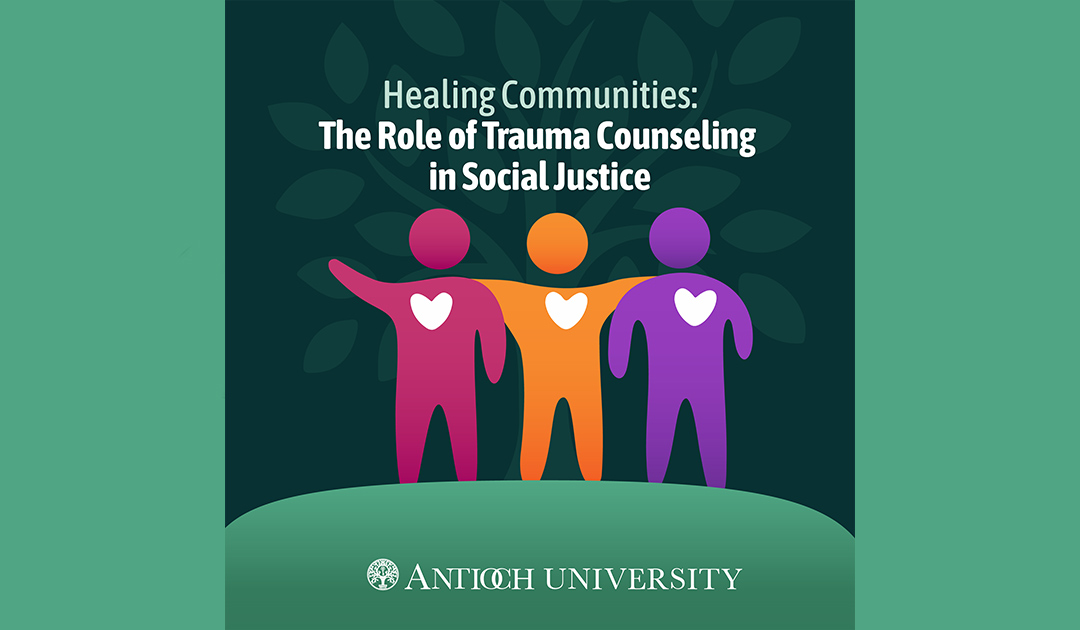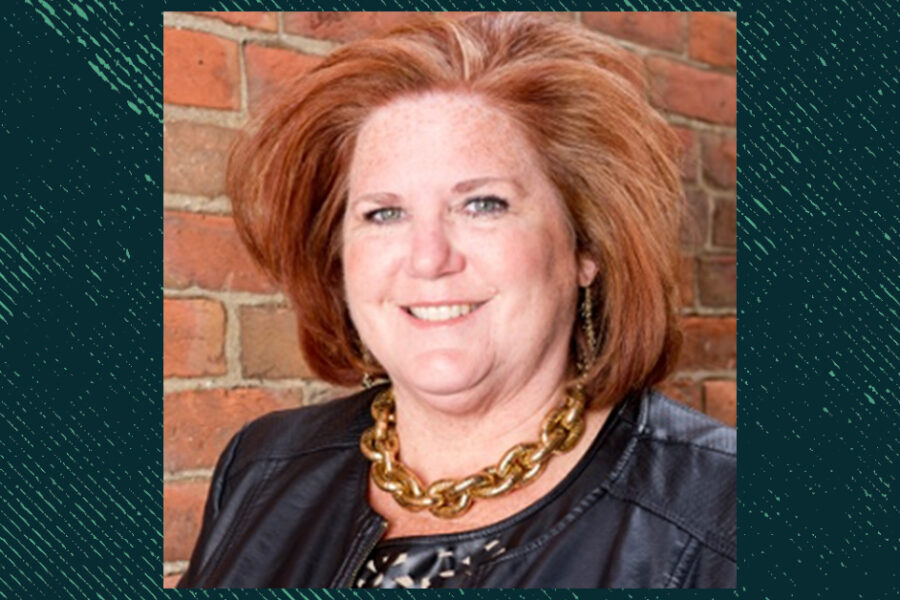Trauma counseling plays an essential role in addressing the deep psychological wounds inflicted by systemic oppression, violence, and discrimination. For communities facing social and economic inequities, the lasting impacts of these injustices often manifest as emotional and psychological trauma, potentially hindering individuals from leading fulfilling lives.
Trauma counseling, rooted in a commitment to empathy and understanding, offers these individuals and their communities the chance to rebuild their lives and reclaim their narratives.
The Power of Trauma Counseling in Social Justice
Beyond individual healing, trauma-informed counseling approaches have the power to strengthen entire communities. By acknowledging and addressing the collective trauma experienced by socially disenfranchised groups, these methods foster resilience, enabling communities to recover and grow stronger in the face of adversity.
Trauma counseling also promotes equity by providing accessible support to those most affected by injustice, creating pathways for healing and transformation. Moreover, it empowers people to transform their pain into purpose, encouraging them to advocate for social change and challenge the very systems that contributed to their trauma.
Trauma Counseling and Communities Facing Social Inequities
Marginalized communities—whether defined by race, gender identity, sexual orientation, socioeconomic status, or other factors—often face chronic exposure to trauma. These experiences may range from interpersonal violence to structural inequalities that permeate everyday life. Left untreated, trauma can significantly affect mental health, leading to conditions like depression, anxiety, and post-traumatic stress disorder (PTSD).
Communities impacted by social inequities also experience a heightened risk for substance use disorder (SUD) and often face obstacles in accessing necessary care. The Guest House, a trauma therapy center based in Florida, reports that “Difficulties with discrimination not only contribute to SUD and other co-occurring disorders but also barriers to treatment. Therefore, implementing trauma-specific care is vital to dismantling barriers to care for marginalized groups.”
By addressing these traumas and mental health issues through therapy, individuals in underserved communities can begin the process of healing. Trauma counseling provides a safe space for them to process their experiences and develop healthy coping mechanisms.
Beyond just treating symptoms, this form of counseling encourages individuals to reassert control over their lives and identities, empowering them to move forward with resilience and dignity.
Systemic Trauma and the Path to Collective Healing
The psychological wounds facing many communities impacted by social inequalities are not isolated incidents but the result of systemic barriers that have persisted over generations. For example, many BIPOC individuals have grappled with the effects of structural racism in the U.S. housing system.
As reported by the Center for American Progress, “[structural racism] has contributed to stark and persistent racial disparities in wealth and financial well-being, especially between Black and white households. In fact, these differences are so entrenched that if current trends continue, it could take more than 200 years for the average Black family to accumulate the same amount of wealth as its white counterparts.” Trauma counseling through a social justice lens acknowledges the historical and ongoing nature of these wounds.
Addressing trauma in this context requires a community-centered approach. Trauma-informed care recognizes that healing is both a personal and collective journey. When communities are provided with resources to heal—such as mental health counseling, access to supportive networks, and educational workshops on coping strategies—they are better prepared to advocate for systemic change and work toward the equity they deserve.
The Role of Trauma-Informed Approaches in Social Justice
Trauma-informed approaches to counseling are uniquely suited to advancing social justice. These methods prioritize the safety, trust, and empowerment of individuals, especially those impacted by social inequities. By understanding the full context of a client’s experience, trauma-informed counselors can avoid re-traumatization and instead foster an environment of support and healing.
For example, trauma-informed approaches validate the pain of those who have been harmed by systemic oppression, acknowledging that their suffering is not a personal failing but a response to external forces. In this way, trauma counseling becomes an act of resistance, helping individuals and communities resist the narratives of powerlessness and invisibility imposed upon them.
On a broader scale, trauma counseling can cultivate community resilience. As more individuals heal from their psychological wounds, they are better able to contribute to the collective effort of building equitable, inclusive spaces. This healing process empowers individuals to advocate for social change, reinforcing their roles as active agents of justice within their communities.
The Critical Pursuit of Trauma-Informed Care
At the core of trauma counseling is a dedication to fostering resilience, healing, and empowerment in communities facing social barriers. Educational institutions that offer trauma-informed counseling programs play a pivotal role in equipping future counselors to address the psychological wounds caused by systemic injustices. By providing education that prioritizes cultural competence and ethical responsibility, these programs help ensure that mental health professionals are prepared to engage in meaningful, community-centered work.
Programs that emphasize trauma-informed care teach students to understand the complex layers of trauma and its ties to societal oppression. In doing so, they prepare future counselors to support individuals and communities in healing, advocating for change, and reclaiming their narratives.
For those looking to pursue this critical work, Antioch University offers a concentration in their MA Clinical Mental Health Counseling program as well as a post-master’s certificate in trauma counseling that aligns with key trauma counseling principles, providing students the opportunity to contribute to the broader movement for social justice through therapeutic practice.




